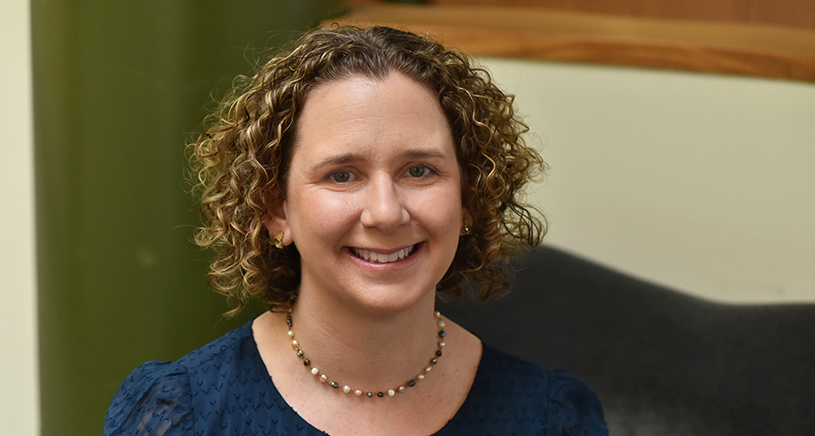Courses Taught by Kate Bauer
NUTR650: Socio-ecological Approaches to Child and Adolescent Nutrition
- Graduate level
- Residential
- Winter term(s) for residential students;
- 3 credit hour(s) for residential students;
- Instructor(s): Kate Bauer (Residential);
- Prerequisites: graduate student status,graduate student status
- Undergraduates are allowed to enroll in this course.
- Description: This course utilizes a socio-ecological approach to provide a comprehensive introduction to issues and current debates related to public health nutrition among children and adolescents. Throughout the semester, woven through all of these topics, there will be extensive consideration of appropriate research methodologies and critical reading of current scientific literature.
- Syllabus for NUTR650

| Department | Program | Degree | Competency | Specific course(s) that allow assessment | NUTR | MPH | Develop appropriate designs to rigorously monitor and evaluate nutrition programs and policies in diverse contexts | NUTR633, NUTR650, NUTR677 | NUTR | MPH | Apply public health theoretical frameworks and nutrition research evidence to inform public health actions | NUTR642, NUTR650, NUTR677, NUTR633 | NUTR | MPH | Explain dietary influences on health outcomes, and identify population-based strategies to improve nutritional health | NUTR642, NUTR650, NUTR677 | NUTR | Nutritional Interventions | PhD | Demonstrate familiarity of behavioral change theories and conceptual frameworks relevant to nutrition interventions in clinical and/or community contexts | NUTR650 |
|---|
PUBHLTH309: Hunger in America: Building Skills to Feed Communities
- Undergraduate level
- Residential
- Winter term(s) for residential students;
- 3 credit hour(s) for residential students;
- Instructor(s): Kate Bauer, Susan Aaronson, (Residential);
- Last offered Winter 2022
- Not offered 2024-2025
- Prerequisites: None
- Advisory Prerequisites: None
- Description: Food insecurity, or a lack of consistent access to enough food for an active, healthy life, affects 1 in 8 Americans, and nearly 1 in 3 University of Michigan students. Food insecurity is caused by the intersection of a wide range of factors, from personal cooking skills to neighborhood food access to federal food policies. For this reason, fighting food insecurity in the US requires advocates with diverse skills, knowledge, and perspectives working together. This course seeks to provide students at the University of Michigan with these skills, knowledge, and perspectives, allowing them to become leaders to improve their own health and wellbeing and that of their communities and nationwide. To accomplish this, the course will integrate community visits; in-classroom, hands-on activities; and instructor-guided seminars to help students understand the experience and impacts of food insecurity across critical life stages of development (children, young adults, seniors).
- Learning Objectives: Identify the relationships between social, economic, community, and personal circumstances that contribute to food insecurity. (Competency 1) Describe how food insecurity impacts social, physical, mental, and intellectual wellbeing. (Competency 1) Understand the role of community-based resources in combating food insecurity. (Competency 1) Understand the role that state and federal nutrition assistance programs have in addressing food insecurity and mitigating impacts of food insecurity. (Competency 1) Design nutritionally-adequate and financially-feasible menus for vulnerable individuals and families. (Competency 2) Demonstrate ability to access and purchase low-cost, nutritionally adequate food that aligns with federal food assistance requirements. (Competency 2) Demonstrate ability to prepare basic, affordable, socially-acceptable and nutritionally-balanced meals. (Competency 2)
- Syllabus for PUBHLTH309


